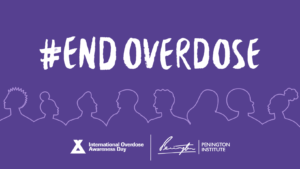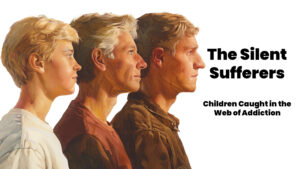Addiction and Its Ripple Effects
Understanding the impact on the Family
Addiction isn’t just about alcohol and drugs, people are addicted to their cell phones, to the internet, video games, love, sex, gambling, vaping, etc. When people get wrapped up in specific types of brain highs, it can actually be painful for them to stop doing the main thing that makes them feel so good. The variety of addictions are not much different than drugs, just remove the substance piece (alcohol, prescribed meds, street drugs) that comes with it and the behaviors are often similar if not the same.
Author
Addiction often starts innocently because people who struggle with addiction don’t usually intend to get addicted. Sometimes, addiction happens because of a sports injury, and the prescribed medications that seem harmless end up causing problems for some people.
When you think of the ripple effects of addiction, it can be best described as dropping a rock into a body of water, when the rock hits the water, it sends ripples through the water that

moves the water by spreading it out. Once the rock hits the water, the ripples become unavoidable.
The ripple effect of addiction is when a person experiments with drugs, alcohol or prescribed medications, they don’t intend to get addicted but the ripple takes control of their body, mind and soul that often takes them down the rabbit hole of addiction. Addiction also ripples through the family in the same way because family members (especially the parents) are bonded and nurturing to the person who is addicted. Addiction ripples into the family by creating emotional, psychological and financial situations. Addiction disrupts the family, often without them realizing what’s going on, because they are so caught up in rescuing their loved one from their addiction.
Singer-Songwriter
Loved ones often feel a variety of emotions, ranging from feeling angry, frustrated, guilt, shame, sadness and grief. Family members often struggle to understand why their loved one can’t overcome their addiction. In some cases, family members blame themselves, wondering if they could have done something different to prevent their loved one’s addiction.
Addiction ripples outward into communities because of the impact on their overall sense of security within the community because of increased crime rates, accidents caused by people driving under the influence (DUI), public disturbances, stressed social services, violence and tense relationships.
When battling addiction, the person in active addiction may believe it’s their own private battle, when in fact it ripples through everyone involved and when left untreated, and not acknowledged, they’re on a collision course, the ripple becomes more widespread as it takes their private battle with addiction public.
The ripples of addiction start with one person, but the effects can spread out and touch lots of things, like money problems, losing stuff and freedom all caused by an addiction the person thought they could control. The person who is addicted may feel confused, wondering how it all happened and why they can’t just stop.

Here’s the thing, getting into recovery isn’t easy, it’s like trying to stop those ripples in the water by not throwing any more stones. The addicted person has to stop using drugs and or alcohol and go through detox to get better and that’s tough, and not everyone can do it alone. Once addiction has touched their life, its impact may need some additional support to fully stop altogether.
NH RCO Superhero
Once you add the treatment “stone” into the mix, the ripples begin to change. The newly recovered person begins to heal, they fix their relationships and forgive themselves. Entering into recovery is like getting a fresh start to make things better for themselves and the people who care about them.
Recovery starts with the ripple of self by getting healthier. It’s like a small wave that grows into bigger waves. The person in recovery gets a chance to do things differently to have a bigger effect on their life and the lives of the people who care about them.



